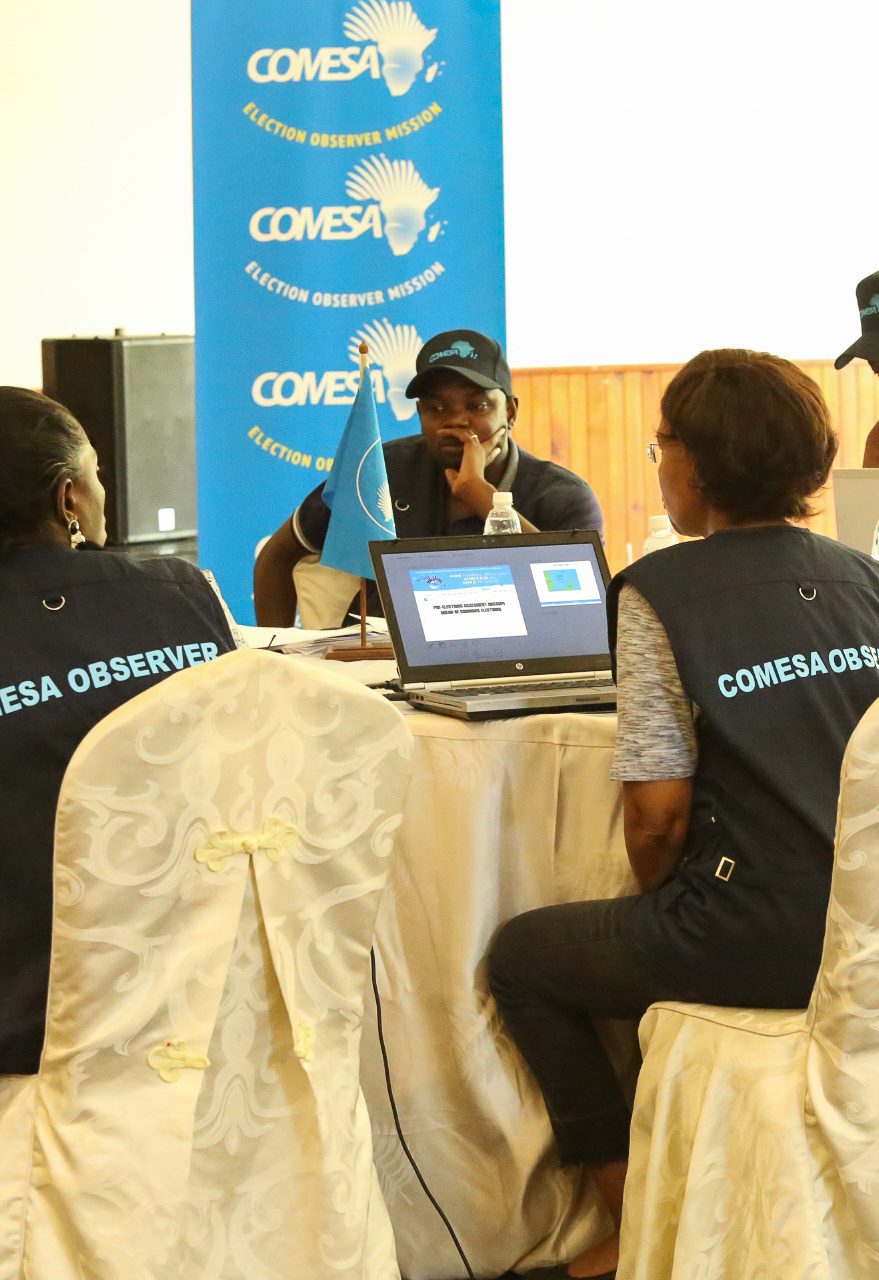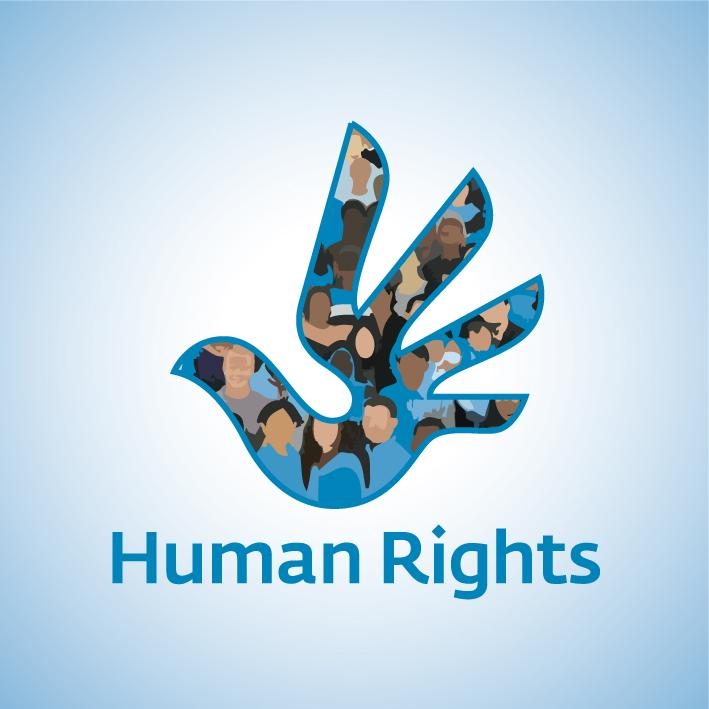Governance, Peace & Security
The COMESA Governance Peace and Security (GPS) Programme derives its mandate from Article 3(d) of the COMESA Treaty. The programme was established by the Fourth Summit of the COMESA Authority, which was held in Nairobi, Kenya in May 1999. The COMESA Authority of Heads of State and Government endorsed a decision for the establishment of a formal structure for engagement on matters of peace and security and mandated COMESA Ministers of Foreign Affairs to meet at least once a year to discuss modalities for addressing issues of peace and security. The programme has a short three tier decision making structure comprising the Committee on Peace and Security, the Ministers of Foreign Affairs and the Authority.
In order to foster sustainable peace and security in the Common Market, the Programme seeks to enhance COMESA’s capacity for governance, conflict prevention, conflict management, security and peace building interventions. The overall objectives of GPS are to foster Peace for economic development in the COMESA region. The programme therefore is intended to initiate activities which create an enabling environment that enhances governance and democratic practices for peace.
GPS emphasizes a number of factors and dynamics and as key considerations for its strategy, namely: – Peace and security are fundamental pre-requisites for economic development and growth – Issues of peace and security are addressed in order to reinforce COMESA primary objective of strengthening economic integration and development – The establishment of an institutional framework with specific mandate in conflict prevention, conflict management and post conflict reconstruction. – The involvement of various stakeholders including the COMESA Parliamentarians, civil society and private sector organizations in conflict prevention, management and post conflict reconstruction. – Collaboration and Coordination with Member States and the efforts of other sub-regional groupings in order to avoid duplication of efforts and institutional rivalry. – Recognition of the financial and human resource constraints of Member States; – Utilization of existing national institutions by Member States for capacity building in the implementation of programmes – COMESA is recognized as a major building block of the continental peace and security architecture, under the strategic direction of the African Union. – Enough flexibility to align programme to respond to emerging threats.COMESA is guided by the principles expressed in Article 6 of the COMESA Treaty. These are: 1. Equality and inter-dependence of the Member States; 2. Solidarity and collective self-reliance among the Member States; 3. Inter-State co-operation, harmonization of policies and
integration of programmes among the Member States; 4. Non-aggression between the Member States; 5. Recognition, promotion and protection of human and peoples’ rights in accordance with the provisions of the African Charter on Human and Peoples’ Rights; 6. Accountability, economic justice and popular participation in development; 7. The recognition and observance of the rule of law; 8. The promotion and sustenance of a democratic system of governance in each Member State; 9. The maintenance of regional peace and stability through the promotion and strengthening of good neighbourliness; and 10. The peaceful settlement of disputes among the Member States, the active cooperation between neighbouring countries and the promotion of a peaceful environment as a pre- requisite for their economic development.Programmes
The Programme has three core and interconnected pillars, conflict prevention, conflict management and post conflict reconstruction, which address intervention at specific stages of the conflict life cycle. These intersect with two other ancillary programme areas that address security and democratic governance. The impact of the two largely cross cutting pillars on the different conflict levels highlights the necessary linkages between peace and security and democratic governance. COMESA has curved a niche on economic dimensions of conflict and as far as possible, it works in collaboration and cooperation with the AU and other RECs that with shared membership. The ongoing programmes include:
Conflict Prevention: The Programme has established an early warning system, COMWARN, which is anchored on a composite index, the COMESA Peace and Prosperity Index (CPPI) that enables the programme to diagnostically project structural factors to conflict; also on conflict prevention has put in place a Committee of Elders for preventive diplomacy. Democracy and Governance: This programme supports the consolidation of democracy in Member States including pre-elections assessment missions and the observation of elections Conflict and Crisis Management: The programme deploys its Committee of Elders on preventive peace-making assignments as and when required Post Conflict Reconstruction and development: COMESA Trading for Peace programme is implemented in countries that have emerged from conflict, using trade as a mechanism for peacebuilding. Security: COMESA is implementing a component of the Regional Maritime Security Programme focusing on strengthening member state capacity to fight against money laundering.SUCCESSES
Conflict Prevention: COMESA has established a robust theory-informed data driven early warning system which forecasts Structural Vulnerability Assessments (SVAs) of Member States using the COMESA Peace and Prosperity Index as its target. The programme has disseminated its SVAs to several Member States which have committed to develop response mechanisms to address vulnerability factors. COMESA has also provided the AU Continental Early Warning System (CEWS) a platform to disseminate the voluntary Conflict Structural Vulnerability and Resilience Assessments (CSVRA) and mitigation strategy, which will enhance synergy with COMWARN SVA process. Conflict Management: The successful establishment of a Committee of Elders has augmented the office of the Secretary General with Preventive Peace-making assignments. The Committee has among other things held high level pre-elections assessment missions to support successful elections ahead of at least six elections as well as supported fact-finding missions and preventive diplomacy missions in situations of conflict or crisis.Our Team
The Governance, Peace & Security Unit is comprised of the following team members.

Dr. Oita Etyang
Head Governance, Peace & Security
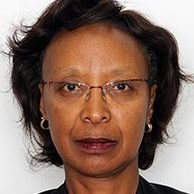
Elizabeth Mutunga
Coordinator – African Peace and Security Architecture (APSA)
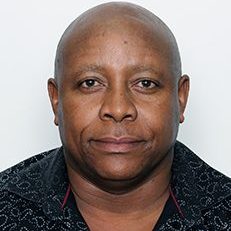
Raymond Kitevu
Conflict Early Warning Expert
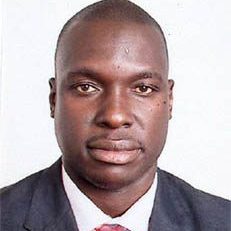
Richard Atwaru
Conflict Early Warning Data Analyst
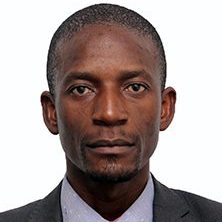
Tapera H. Chinemhute
Conflict Early Warning Data Analyst
This post is also available in: العربية (Arabic) Français (French)





